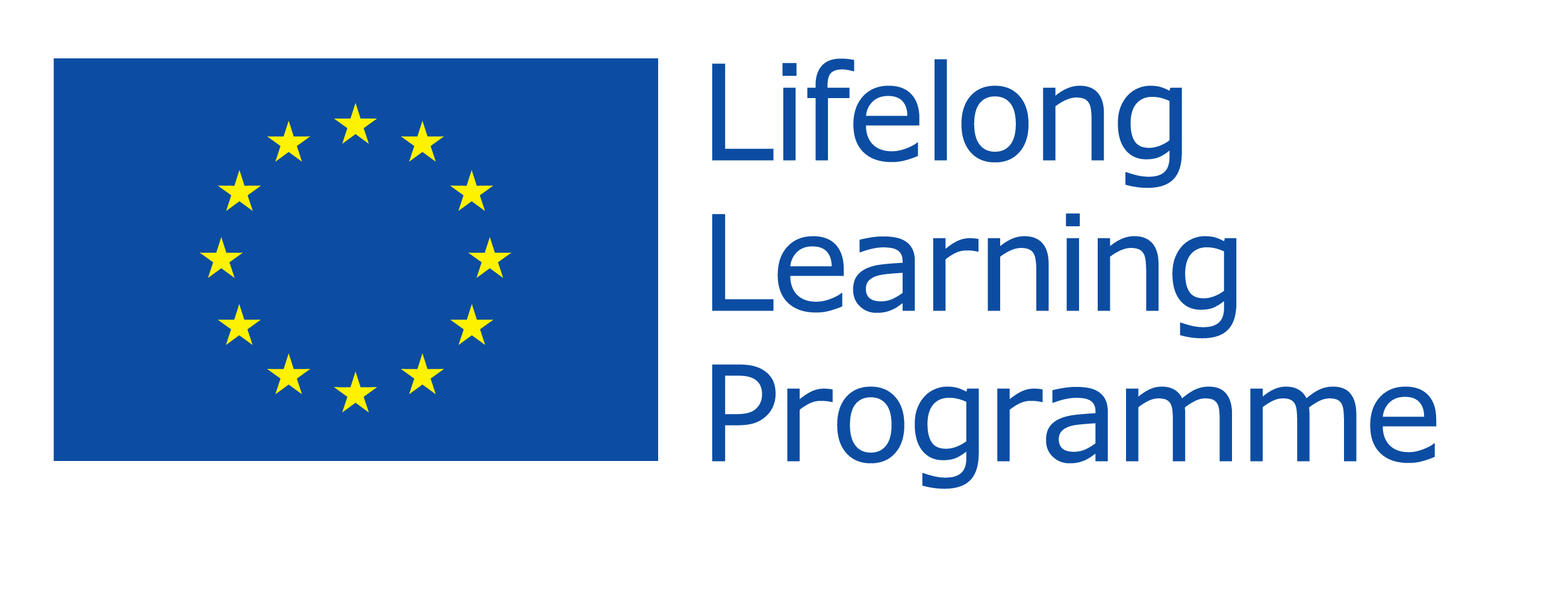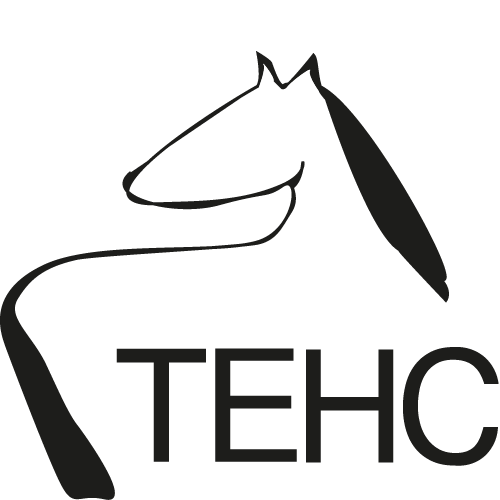European Identity
European identity and European citizenship, as one of its building blocks are in the core of European integration. Although the concept of citizenship implies the notion of belonging to a community, so far Europe has succeeded in building the economic and legal reality of European citizenship but these are the rational foundations. It is necessary to distinguish the different facets of the concept of collective identity (Chauvel)(1).
This concept is composed of objective and subjective factors, linking institutions and cultural specificities, which form a "collective consciousness". European citizenship, as the accomplishment of the objective Europe, is to a large extent seen by citizens as a mere legal status. What is missing from this status, is the emotional attachment, which is subjective, and explains the difficulty for citizens to feel part of a European community. According to the Standard Eurobarometer Survey 77 (Spring 2012) on European citizenship(2) the attachment of citizens to the European Union has suffered significant deterioration since the spring 2010 survey (EB73). Europeans who are attached to the European Union are now in the minority: 46% are attached to the EU (-7 percentage points) compared with 52% who feel no attachment to it (+7), 15% of whom are “not at all attached” to it (+2). As citizenship affects not only the reason, but also appeals to the emotions, the accomplishment of common identity can be strengthened through purposeful actions towards the promotion of our cultural and historical heritage from a supranational perspective. To develop a sense of European citizenship, allowing greater cohesion and fostering a sense of unity, it is necessary that the people of Europe can identify themselves more with their community. The construction of European identity is a conscious act, requires a deep reflection about ends and means. If we adopt the definition of Jean - Marie Domenach(3) that "identity is a learning process that transforms the heritage into conscience“, then culture and education will inevitably be the "engines" of such a process.
Up to now the approaches of “teaching” history and culture and of promoting the historic cultural heritage are very nation-oriented, as relayed in educational texts and the media. The wide-spread approach of thinking Europe from a cultural perspective is rarely focused on its European dimension but is rather oriented towards the content of national culture, ethno-history and traditions and thus relate to the continuous process of “thinking” the nation. Moreover, this approach is in the core of the sense, expressed by the majority of European citizens that a European citizenship would compete and even threaten their national identity. The cause for this assumption is that the broadest “identity” citizens are taught in, rarely exceeds the national borders. We believe that in order to strengthen the sense of a European identity a new approach of education and promotion of culture and history is needed, which ensures its cohesion with national identities. While often being a topic of disagreement and confusion, the relevance of such cohesion is explained by Tsvetan Todorov: "To feel European solidarity, we must share European identity. Such an identity, we must immediately add, would not compete with the national identity of each, or with other collective identities. The reason is that human beings have no difficulty to assume several identities at once, and thus to experience multiple solidarities. This diversity is the rule, not the exception”(4). We need symbolic representations of Europe, widespread and also represented in our national identities, not outside them. While the cultural Europe exists, it is often unknown, as generally it is often only fragmentally thought, taught and promoted in our national cultures. We believe that education is the main tool for promotion and reinforcement of our European identity. For this reason the project is oriented mainly towards professionals in the fields of education, academia and cultural heritage promotion. Professionals from different states and fields will be brought together in order for them to be able to enrich their knowledge, to discuss and think their cultural historical heritage in a European context, to establish the cross-cultural links and to outline a joint method for integrating this European approach to each organization’s ongoing activities and broader dissemination. The major focus of the consortium will be the European aspect of cultural historic heritage and the integration of national and local specificities into a larger context. Such an approach will ensure European dimension of the subject treated and at the same time will preserve the local, regional and national diversity. The work of the consortium will be based of dialogue and will embrace the cultural historical heritage from Antiquity until Modern times.
As all the participants in the partnership are expected to enrich their knowledge and widen their perspective, the project will provide for strengthening the sense of European citizenship, which is the major goal of this "tour" through the memories of Europe. We believe that we will find a way to "assemble”, without confusing the greatest diversities and to associate the opposites in a non-separable way(5).
- Louis CHAUVEL Intervention de Louis Chauvel in Aziliz GOUEZ (coord.), La question de l’identité européenne dans la construction de l’Union, op. cit., p. 37.
- http://ec.europa.eu/public_opinion/archives/eb/eb77/eb77_citizen_en.pdf
- Jean-Marie DOMENACH, Europe : le défi culturel, op. cit., p. 22.
- Tzvetan TODOROV, « Faut-il refonder le projet européen sur des principes identitaires ? » in Aziliz GOUEZ (coord.), La question de l’identité européenne dans la construction de l’Union, op. cit., p. 89.
- Edgar MORIN, Penser l'Europe, pp. 22

